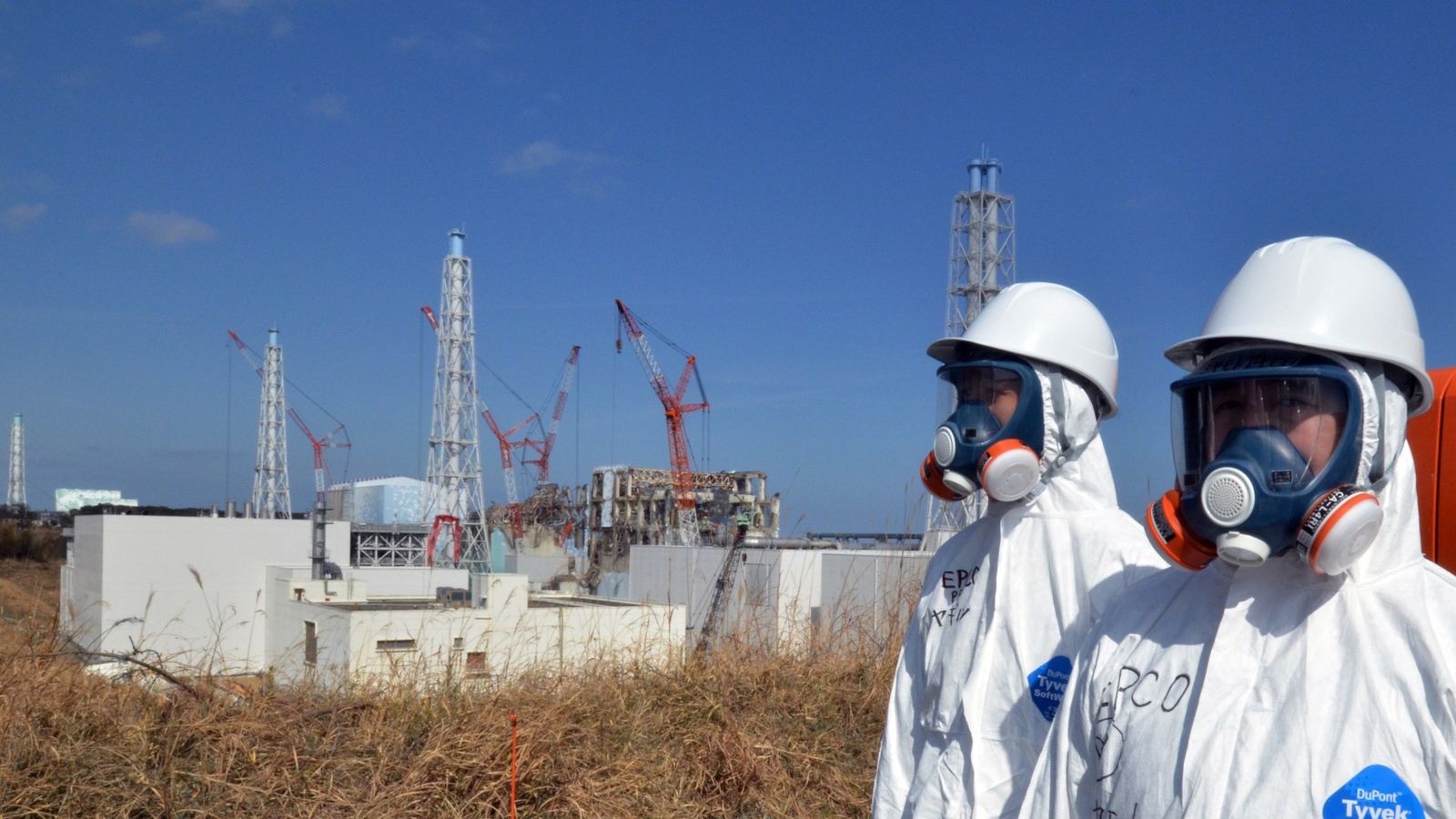Japan will release more than one million tonnes of radioactive water from the destroyed Fukushima nuclear plant into the Pacific Ocean.
The move is being fiercely opposed by Japan’s neighbours – with China calling the plan “extremely irresponsible”.
China and South Korea are calling for more consultation on the move.
Residents and local fishermen in Japan are also angered by the plan.
The decision, long-speculated but delayed for years due to safety concerns and protests, came at a meeting of Cabinet ministers who endorsed the ocean release as the best option.
The first release of water will take place in about two years, giving plant operator Tokyo Electric Power Co (TEPCO) time
to begin filtering the water to remove harmful isotopes, build infrastructure and acquire regulatory approval.
Once it has started, the process will take decades to complete.
Japan has argued the water release is necessary to press ahead with the complex decommissioning of the plant after it was crippled by a 2011 earthquake and tsunami, pointing out that similarly filtered water is routinely released from nuclear plants around the world.
The accumulating water has been stored in tanks at the Fukushima Daiichi plant since 2011, when a massive earthquake and tsunami damaged its reactors and their cooling water became contaminated and began leaking.
Nearly 1.3 million tonnes of contaminated water, or enough to fill about 500 Olympic-sized swimming pools, is stored in
huge tanks at the Fukushima Daiichi plant at an annual cost of about 100 billion yen ($912.66 million) – and space is running out.
Prime Minister Yoshihide Suga said the ocean release was the “most realistic” option and that disposing the water is “unavoidable” for the decommissioning of the Fukushima plant, which is expected to take decades.
TEPCO and government officials say tritium, which is not harmful in small amounts, cannot be removed from the water, but all other selected radionuclides can be reduced to levels allowed for release.

